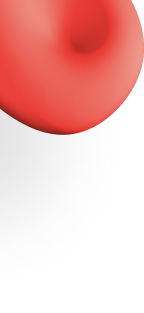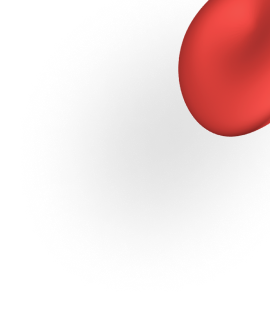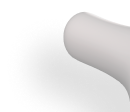


Missions
Thanks to its visibility (events, leaflets, website), MaRIH should help first-line doctors therapy to quickly diagnose and therefore provide fast and appropriate treatment based on best practice recommendations written by those working in the network, whether at national (PNDS) or international guidelines.
The network will also be setting up new multidisciplinary meeting software for the MaRIH centres very soon so that doctors in France or in other countries can submit their patient records to the desired experts.
At the same time, improving the child-adult transition was identified at steering committee meetings as being of the utmost urgency. During 2016, the network would like to draw up an accurate inventory of the means currently being used in these centres to set up new projects to work on this transition period.
Communication and training
MaRIH is involved in organising many multidisciplinary events in France to improve the visibility of the centres and to provide information on these rare diseases. The network has consequently already been involved with scientific societies at the SFH conference (26-28/03/2014 and 01/04/2015) and with the scientific committee of the SFGM-TC on 19 March 2015. In addition, the 1st annual conference of the network took place on 25/06/2015. The first part dealt with the network’s progress, and the second part looked at medical and scientific subjects. The network would like to continue its investment in communication and training for medical and paramedical professionals in 2016 (via conferences, meetings, scientific societies, webcasts, website) and will help to disseminate existing teaching materials and information to a broader public.
Finally, by taking part in the MaRIH network, associations enable a patient’s day to be organised (first day will take place on 30/01/2016 in Paris), the aim of which is to inform them on the progress made on transverse themes such research, entering the world of work, and bank loans.
The MaRIH network is new, and aims at developing health indicators by incorporating pathologies not yet included, while covering the whole of France, for all bases, and monitoring regulations.
By the end of 2016, the new BaMaRa national system will be up and running. The network would also like to take part in this epidemiological project with a period of codification and testing, working closely with the BNDMR.
To conclude, the network has appointed a research project manager for its scientific and strategic committee to support, provide stability for and add value to research centre activities. The research project manager watch out for calls for tender, set up of new registers and continually monitor the regulations for retrospective and prospective studies, both in France and internationally.